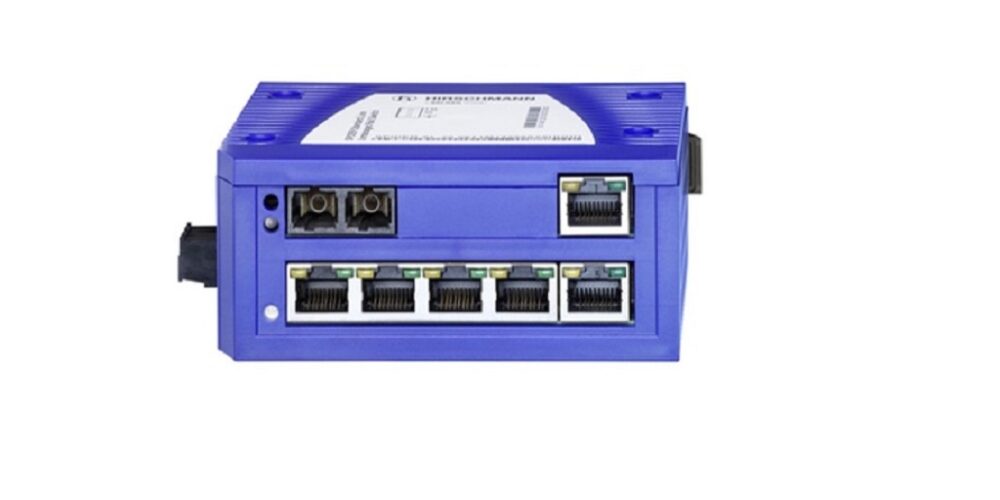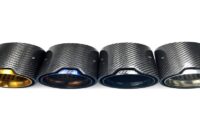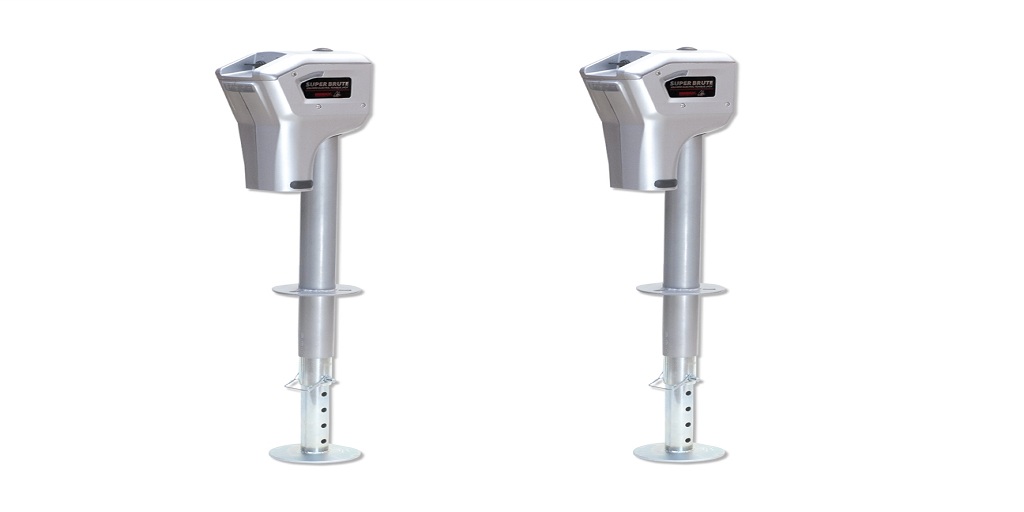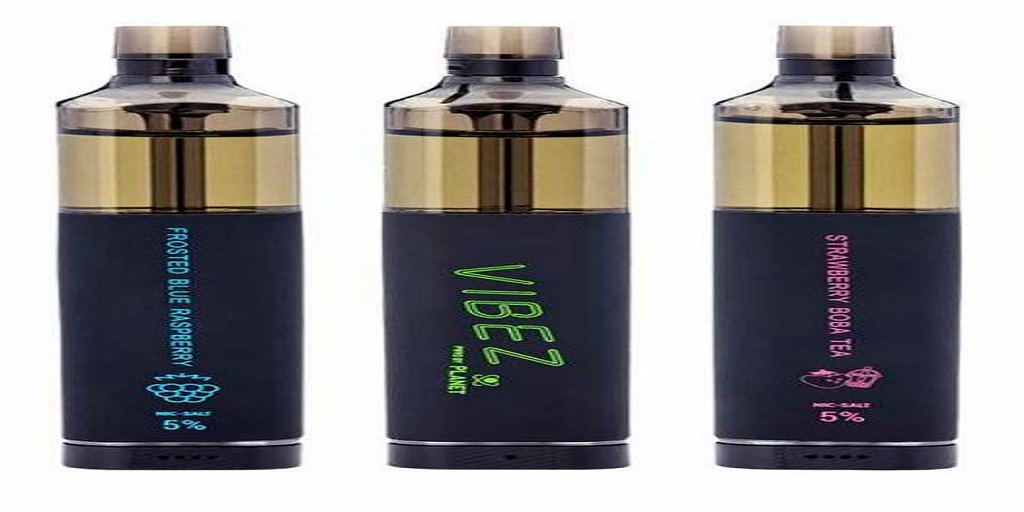Ethernet technology enables cabled devices to communicate effectively with each other without interfering with each other’s messages, avoiding a condition known as “packet collision” which, when it occurs, requires the devices to send their information again. Reducing packet collision increases the speed and efficiency of information networks.
Ethernet switches, for their part, are devices installed in an information system that connect cabled devices like computers, servers, and IoT devices, enabling them to communicate with each other and access the internet, enabling long-distance data transmission.
However, it is critical to install devices appropriately according to their functionality and specifications, making it important to recognize the differences between so-called “regular” ethernet switches and industrial ethernet switches.
Here’s what you need to know.
Regular vs. Industrial Ethernet Switches
At their core, regular and industrial ethernet switches perform the same mission-critical application, which is to streamline the transmission of packets of data across a system.
However, regular ethernet switches are not built to the same standards of construction/operation as industrial switches.
If a “regular” switch is used in a situation in which an industrial ethernet switch is necessary, the switch will be damaged or completely fail, resulting in costly downtime and possibly even data loss.
For one, industrial ethernet switches are subjected to a wide range of harsh environmental conditions, determined by the setting in which they are installed.
These conditions may involve (but are not limited to) extreme temperatures, exposure to water, particulate matter, and chemicals, and even severe weather.
For this reason, most industrial ethernet switches are typically protected by extremely durable, rugged metal housings, and many of them are variously rated against water and dust ingress.
Moreover, many industrial switches are rated to resist vibration, impact, high humidity, corrosion, and other adverse environmental conditions. Some industrial switches also have very wide operating temperatures.
Depending on the environment in which the switch is installed, it might be necessary to utilize an industrial switch that is effectively shielded against EMI, or electromagnetic interference, which can also interrupt the flow of data within an information system.
Another difference between “regular” and industrial ethernet switches is that many regular units are fan-cooled, whereas many industrial switches are rated to operate without a fan.
Taking all of this into consideration, the main difference between regular and industrial ethernet switches is simply that industrial switches are built to withstand much more severe operating conditions than regular switches.
What Are the Different Types of Industrial Ethernet Switches?
There are several different types of industrial ethernet switches. This short post will cover three of these different types.
● Unmanaged Switches
Unmanaged ethernet switches are the simplest type of ethernet switch. They enable easy plug and play configuration but cannot be adjusted.
● Managed Switches
Managed switches are more complex than unmanaged switches and are configurable, enabling the operator to make adjustments to LAN settings, such as traffic channel controls. Managed switches offer better performance and security than their unmanaged counterparts but are usually substantially more expensive.
● Power Over Ethernet (PoE) Switches
PoE or “power over ethernet” switches get both their power and data signals from a single ethernet connection. Combining power and data supply makes it easier to manage PoE switches and usually results in cost savings. Sometimes, PoE switches can be subject to intelligent device controls as well.
Where Can You Learn More?
Whether you’re looking for high-quality industrial ethernet switches for your network or just want to learn more about their functions and specifications, visit ProductsforAutomation.com.
They carry a wide range of ethernet switches from the top brands, including but not limited to ATOP, Hirschmann, Mencom and Red Lion, at competitive prices. Visit their website for more details.












